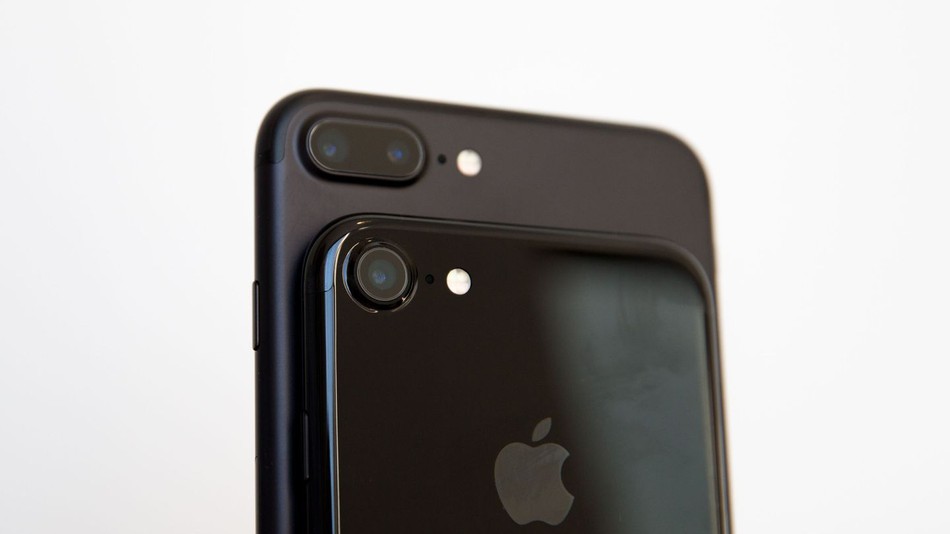 3243
3243
 2017-10-23
2017-10-23

Apple made a few major changes to its iPhone lineup last month, but you probably missed one.
There were the major announcements — an iPhone 8 and an iPhone X coming this fall — but the company also revised its iPhone 7 offerings. It no longer sells a 256GB iPhone 7, previously the largest capacity, leaving consumers with three options: 32GB, 128GB, or the 256GB iPhone 8.
According to archived websites accessed via the Wayback Machine, Apple stopped selling the 256GB model on September 12, the same day it unveiled the iPhone 8. We also talked to an Apple customer service rep, who confirmed that the company no longer directly offers a 256GB iPhone 7. A spokesperson for the company didn't respond to our request for comment.
The move may not seem like much, but it's a perfect example of how Apple spurs pricey upgrades by tinkering with its catalog rather than devising new products that offer obvious advantages to consumers. Expanded storage means more flexibility to download large apps, take high-quality photos and video, save local music and movies, and so on.
Even if people aren't so hot on the iPhone 8 — which counts among its new features simple wireless charging and a more powerful processor — Apple can encourage purchases by making it the only way to get a 256GB iPhone.
Or it can try to, anyway. While you can't buy a 256GB iPhone 7 directly from Apple anymore, you may find it's available via your wireless carrier. Verizon still offers a 256GB iPhone 7 for $749.99, compared to $849.99 for the 256GB iPhone 8, for example.
Apple has reportedly struggled to generate interest in the new iPhone 8. Anecdotal responses from wireless carriers in the U.S. suggest consumers are actually buying more iPhone 7 devices than iPhone 8s. They've also started to Google iPhone 7 more, for whatever that's worth:
Of course, the iPhone 8 isn't the only new device Apple's launching this fall. A considerably more advanced iPhone X (with up to 256GB of storage!) is on its way next month, potentially depressing interest in the less spicy iPhone 8.
With all of this going on, Apple's iPhone line is perhaps more complicated than it's ever been, leaving people with challenging decisions when it's time to upgrade. The choices they make will impact Apple's bottom-line and influence over the competitive smartphone industry — so watch closely.
Source: mashable